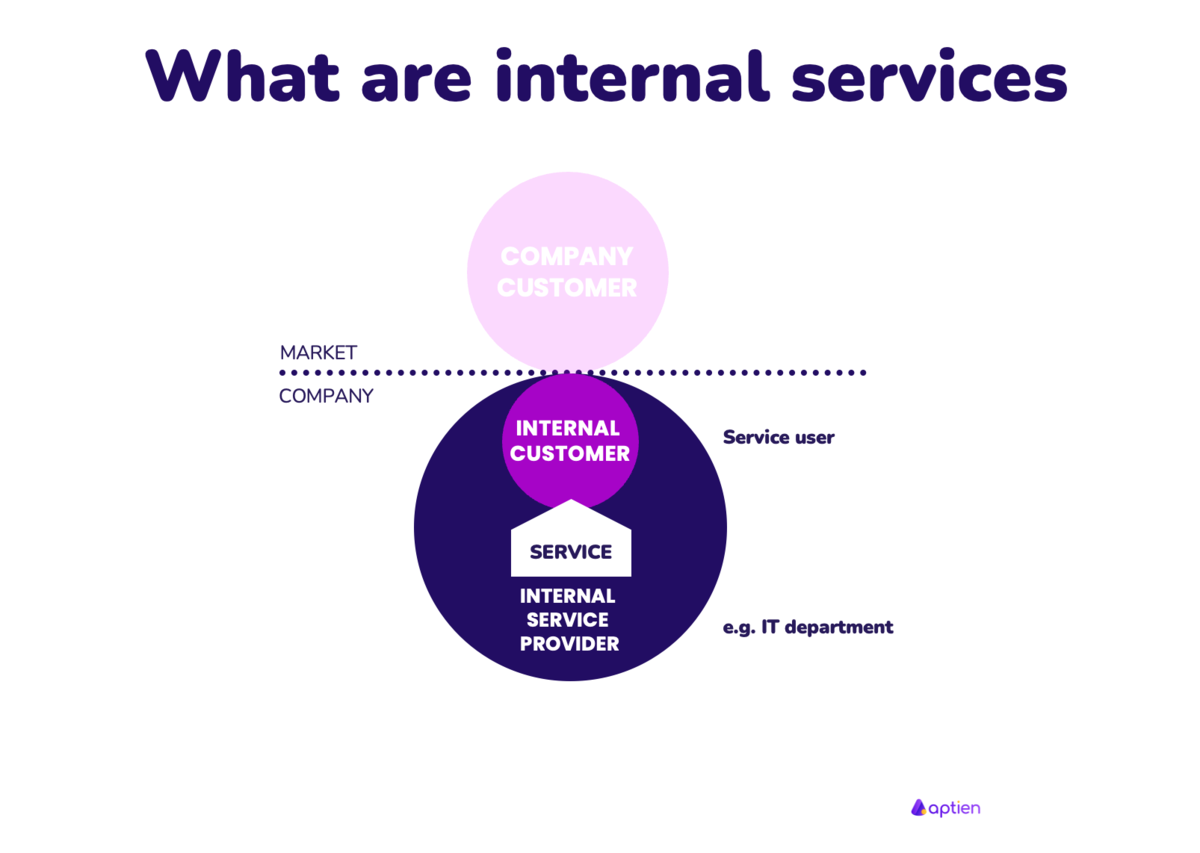Internal Business Services Explained Simply
- Internal services are the support functions a company provides to its employees, like IT help, HR, and office management.
Definition of In-House Services
In-house services refer to activities, tasks, or functions that are performed within a company by its own employees, rather than being outsourced to external providers. These services are managed and executed internally, allowing the company to maintain direct control over the processes and outcomes.
Key Characteristics of Internal Services:
- Provided Within the Organization: Delivered by internal teams (e.g., HR, IT, Finance) to other departments or employees.
- Supports Core Business Services: Focus on facilitating core operations and improving overall efficiency.
- Non-Revenue Generating: Typically do not produce direct revenue but are essential for organizational functioning.
Common Examples of in-house Services
- Human Resources (HR): Payroll management, recruitment, employee training, and benefits administration.
- Information Technology (IT): System maintenance, helpdesk support, and network security.
- Facilities Management: Office space management, cleaning, and utilities maintenance.
- Finance: Budgeting, internal audits, and expense reporting.
- Administrative Services: Document management, travel arrangements, and internal communication.
Importance of In-House Services:
- Ensures operational efficiency by enabling departments to focus on their core functions.
- Supports employee productivity through seamless access to essential resources and tools.
- Enhances collaboration and coordination within the organization.
In summary, internal services are the backbone of an organization, facilitating the smooth operation of all departments by providing necessary resources, support, and expertise.
What Internal Services Mean for Small and Medium Businesses?
- They ensure the company runs smoothly: Without internal services, the company couldn’t operate normally (for example, IT support, cleaning, HR services).
- They support employee productivity: They help people do their work efficiently and without unnecessary obstacles.
- They increase employee satisfaction and comfort: For example, office management, kitchen facilities, benefit programs, or training.
- They reduce external service costs: Some services are more cost-effective to handle internally rather than outsourcing (for example, an internal accountant vs. an external accounting firm if the workload is large).
- They ensure compliance and safety: Internal occupational health and safety, fire protection, GDPR, IT security, employee training.
What Are the Most Common Internal Services
- IT Support Services
- Facility Management (Office Maintenance)
- Cleaning Services
- Accounting and Bookkeeping
- Human Resources (HR) Management
- Office Administration
